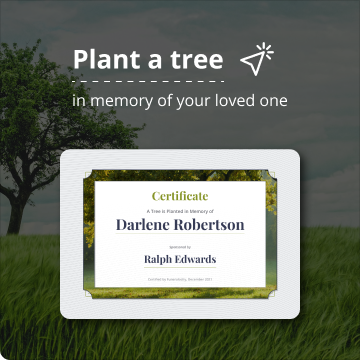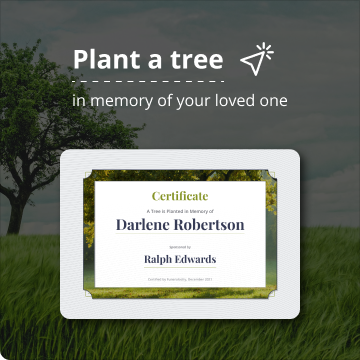
By: Officiant Kathy
A funeral celebrant is someone qualified to host and officiate funeral and memorial services. Celebrants are involved in planning the order of service, music, writing the eulogy (if they are providing the eulogy instead of the family) or giving this part to loved ones, and creating a meaningful service for the person who has died. Celebrants host the interment at the cemetery after the services at the funeral home, or other location depending on how the services are provided.
The celebrant also often supports the family through funeral planning, ensuring that specific funeral wishes are carried out, providing ideas for ways to create personal touches, including a visual tribute. He or she can offer support, guidance and advice where needed, and offer support to the family on the day of the funeral. The role of a funeral director differs from that of the funeral celebrant in that the funeral director organizes the logistics of the funeral, the coffin, the venue, the hearse, and works with the funeral celebrant who conducts the funeral ceremony. Traditionally, the ceremony is performed by a religious leader, such as priest, rabbi, or imam, but as society has moved away from organized religion, the role of a funeral celebrant has become more popular.
A funeral celebrant plays a non-religious role, but the celebrant can certainly add religious aspects that the family would like or none at all. There’s more flexibility in the services with a funeral celebrant than a religious leader. Religious ceremonies are typically performed in the church or synagogue or mosque, but a celebrant can perform the ceremony in the funeral home or at a function hall for a memorial service, or the entire ceremony can be given at the cemetery.
Your chosen funeral director is able to instruct the celebrant on your behalf, should you wish, otherwise you can manage this independently. The celebrant can work independently, or as closely with the family as it wishes. There is typically a fee to hire a funeral celebrant, but it is ordinarily very affordable. There are multilingual celebrants. And there are celebrants who can perform their duties in sign language for the deaf. The funeral celebrant gives time for friends and family to share their feelings and memories about their departed loved one. A funeral is a difficult time and a good celebrant will work to evoke happy stories and memories of the loved one.
The celebrancy profession evolved from the wedding industry as a way to give couples more choice over the content, style, and location of their ceremonies. A funeral celebrant gives a family that same flexibility and personalization not found in most religious funeral ceremonies. This includes many family traditions that can be incorporated into the services which can be consoling and helpful in coming to terms with loss.
A celebrant has the flexibility to lead a memorial service or a celebration of life in lieu of a funeral, or both ceremonies if you choose. With a celebrant, the service can be just as personalized. A funeral celebrant is a relatively new role, but it has been growing rapidly as a profession. In a celebrant-led funeral, the aim is to turn terrible sorrow into something that can spark a sincere, emotional connection and ultimately a feeling of peace.
Officiant Kathy is based in Fall River, MA but travels widely to serve families as a funeral celebrant. She can be reached at www.reverendkathyofficiant.com.














